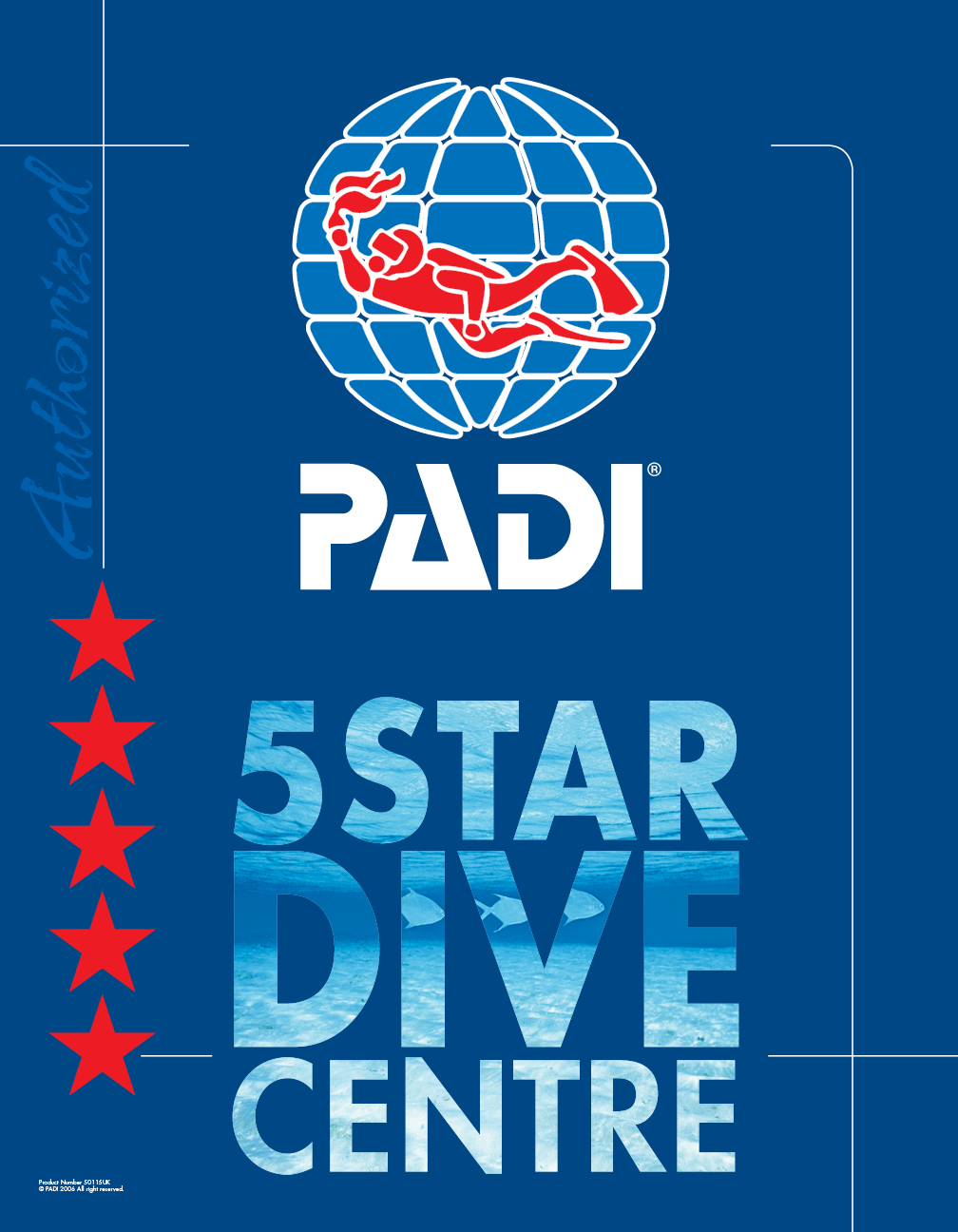Whitstable Scuba are proud to announce that for the second year running our Instructors have been awarded The PADI Elite Instructor Award 2023.
The PADI Elite Instructor Award is a prestigious award given to PADI instructors who reach annual certification milestones and have demonstrated excellence in diving instruction and adherence to safety standards. This award recognizes the instructor’s commitment to providing high quality diving training and to the
safety of their students.


